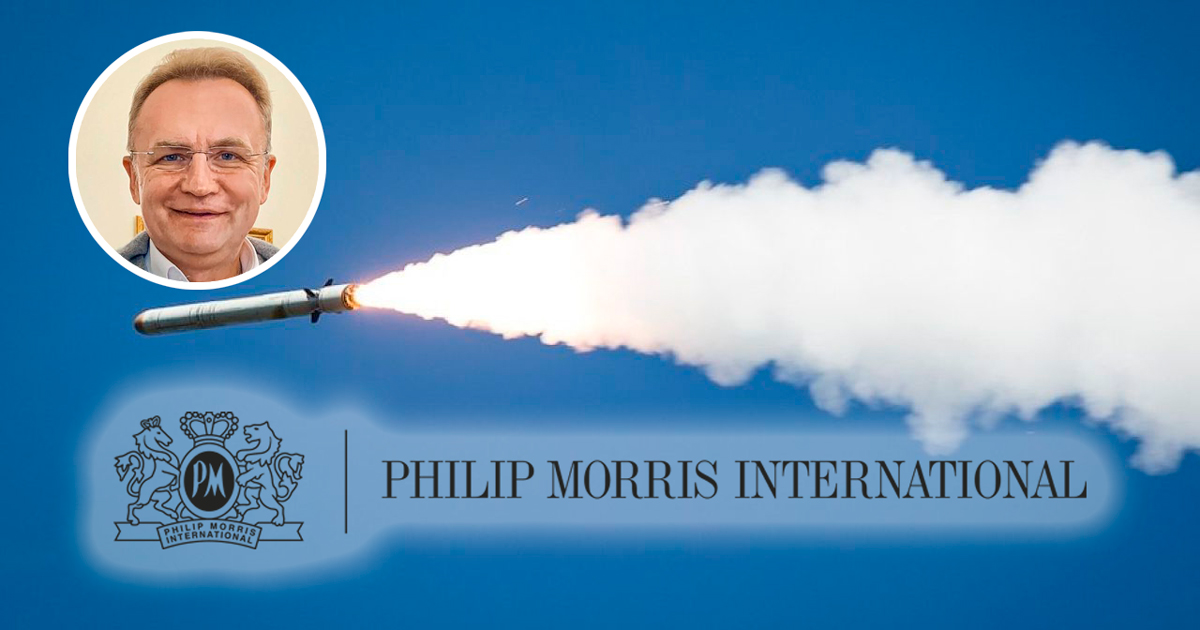In 2016, a corruption scandal erupted in Lviv when the city government, led by Mayor Andriy Sadovyi, sold 23 hectares of land intended for an industrial park. Interestingly, the plot did not belong to the city council , but to the Ryasne-Rus village council, and was sold at a price significantly lower than the market value, Antikor writes.

The situation was made even more piquant by the fact that the land was purchased from the mayor of Sadove by a Dutch investor, CTP, for UAH 52 million, while its normative monetary value was UAH 140 million. This triggered a lengthy criminal investigation, which, however, dragged on and lost public attention, especially after changes in the government and anti-corruption agencies.
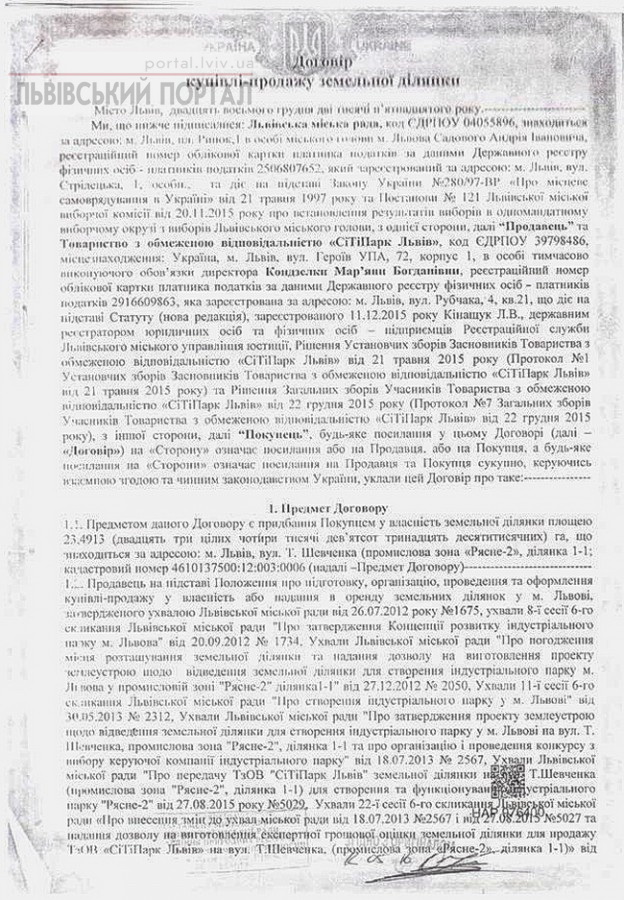


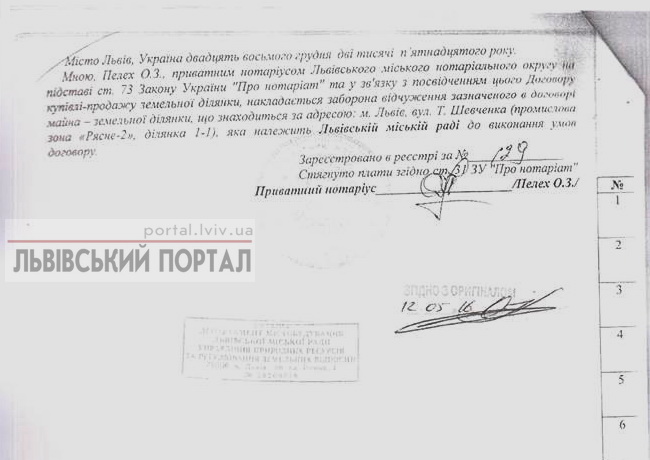
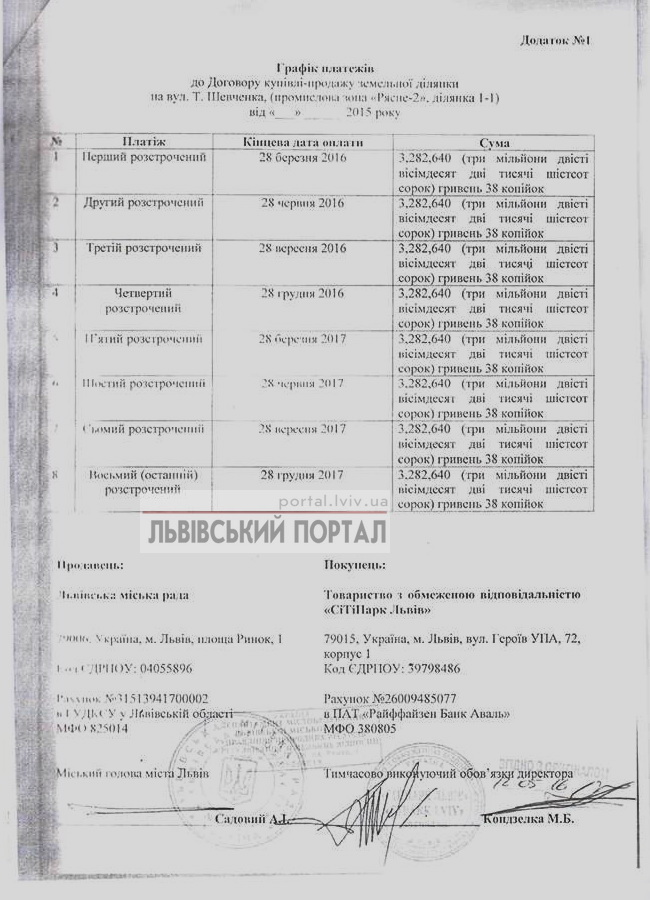
The case was “merged” from the very beginning
The criminal investigation into this situation took a very long time. It was only in November 2019, after the change of power on Bankova Street and the renaming of the Presidential Administration into the Office, that prosecutors of the Specialized Anti-Corruption Prosecutor’s Office served Sadovyi and several of his colleagues with suspicions of causing damage to citizens and the state in excess of UAH 93.5 million.
At first, it was predicted that Sadovyi would be removed from office, but at times the case began to gather dust in the offices of the anti-corruption agencies for reasons known only to the leadership of the NABU and the SAPO. At the time, the head of the SAPO was Nazar Kholodnytskyi, who had complaints from both the NABU and anti-corruption NGOs. Later, Kholodnytskyi left SAPO and joined the Football Federation of Ukraine. However, Sadovyi’s case was forgotten by the media, and he continued to serve as mayor of Lviv.
In parallel with the criminal case against Sadovyi, a lawsuit was underway to return the sold land plot to its proper ownership. It became immediately clear that the prosecutor’s office would “leak” the case. The Specialized Anti-Corruption Prosecutor’s Office pointed out violations that were committed during this transaction, but all the evidence collected was crossed out from the very beginning, when prosecutors filed a lawsuit in the interests of the Cabinet of Ministers of Ukraine, instead of the Ryasno-Ruska village council, whose land Sadovyi himself was selling.
In the end, the criminal case against Sadovyi was also closed, as the war in Ukraine became a priority, and other problems were solved in the background. Sadovyi used this situation for his election campaign and claimed to be a defender of the rights of foreign investors. Eventually, he managed to retain his position as mayor of Lviv, but his criminal record remained, making it difficult to cooperate with investors.
The election campaign was successful for the mayor, but the criminal trail remained, making it difficult to cooperate with the same investors. Sadovyi himself solved this “problem” quite simply. On the very day of the full-scale invasion of Ukraine by the Russian army, when there were no regions left that were not hit by Russian missiles, lawyer Oleksiy Shevchuk said that the NABU case against Sadovyi was closed. For Sadovyi, the war was the perfect excuse to close the criminal case, as Ukrainians were preoccupied with other, more important issues.
Thus, the Russian army “saved” Sadovyi from criminal liability, and now he has decided to repay his sponsor.
Philip Morris’s path of Russian influence stretches from Kharkiv to Lviv.
In June 2023, Philip Morris International announced the acquisition of a land plot for the construction of its new plant near Lviv and an investment of $30 million. Preparatory work was scheduled to begin in July 2023, and the plant was to be commissioned in the first quarter of 2024. This initiative was launched after the closure of the Philip Morris factory in Kharkiv region as a result of shelling by Russian troops that began immediately after the invasion of Kharkiv region in February 2022. Despite efforts to reopen the factory, this remained an unattainable goal, and the company moved part of its production to the Imperial Tobacco plant in Kyiv.
Philip Morris Ukraine CEO Maksym Barabash said that the proposal for the site for the new plant was made by the state office UkraineInvest. Information about this land plot, known as “Ryasne-2-STR”, is published on the office’s website.
It is worth noting that this land previously belonged to the residents of Ryasne, but Lviv Mayor Sadovyi decided to sell it at a lower price to City Park Lviv LLC. UkraineInvest’s website states that all the necessary infrastructure, such as power grids (10 MW), gas supply, water supply, and sewerage, has already been built. However, it is not stated that these works were financed by public funds, i.e., taxpayers’ money, which amounted to about 400 million hryvnias.
Foreign investor or patron of Russian aggression?
The main question is, who exactly is Mayor Sadovyi inviting to Lviv? The international sponsor of the war, Philip Morris International? Some journalistic studies call this inappropriate, as it is more correct to characterize Philip Morris International as a patron of Russian aggression and a supporter of Russian terrorism. Unlike other tobacco giants, Philip Morris continues to operate in the Russian Federation and pay significant taxes to the budget of the aggressor country, which funds Russian troops, which, in particular since 2014 and especially since 2022, have been actively engaged in hostilities in Ukraine.
According to Forbes data for 2023, Philip Morris International ranked third in the list of “Largest Foreign Companies in Russia-2023” in terms of revenue, which amounted to 399.9 billion rubles.
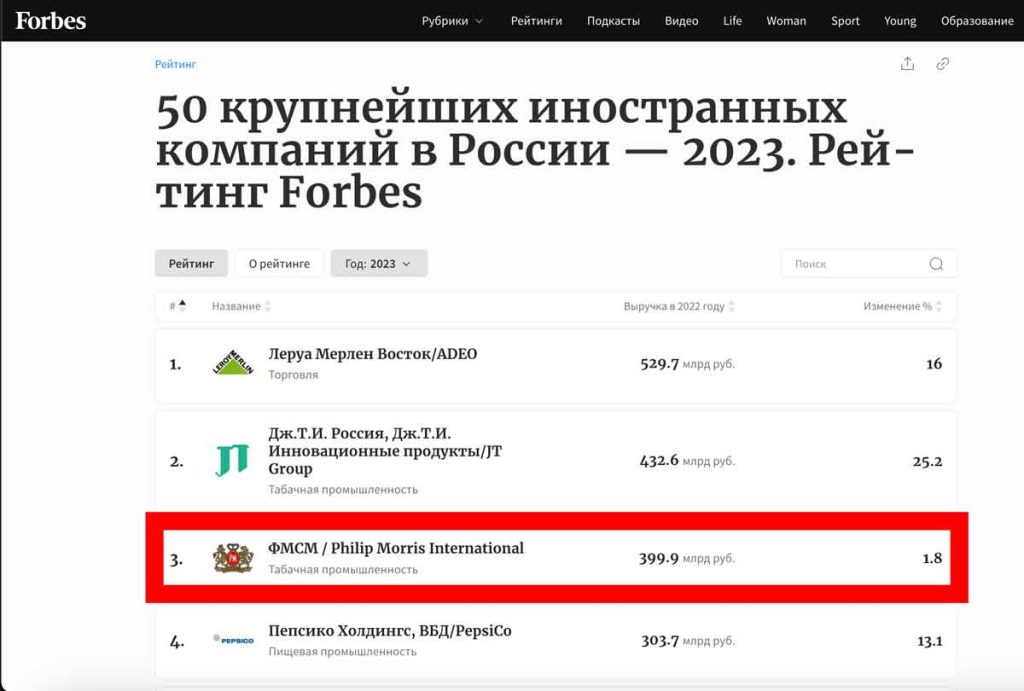
Tobacco products under the Philip Morris brands (Parliament, Bond Street, Marlboro, L&M, Chesterfield, IQOS) continue to be sold in Russia and bring profits to the owners and significant taxes to the Russian budget. Although Philip Morris International’s management had previously announced its withdrawal from the Russian market by the end of 2022, in February 2013, the company’s CEO Jacek Olczak said in a commentary to the Financial Times that they were staying.
The expected value of Philip Morris International’s assets in Russia is at least USD 2.5 billion. It is worth noting that automakers such as Volkswagen and Renault have ceased operations in Russia and Philip Morris has exited the market.
Mayor Andriy Sadovyi decided to bring such an “investor” who finances the murder of Ukrainians to Lviv.

